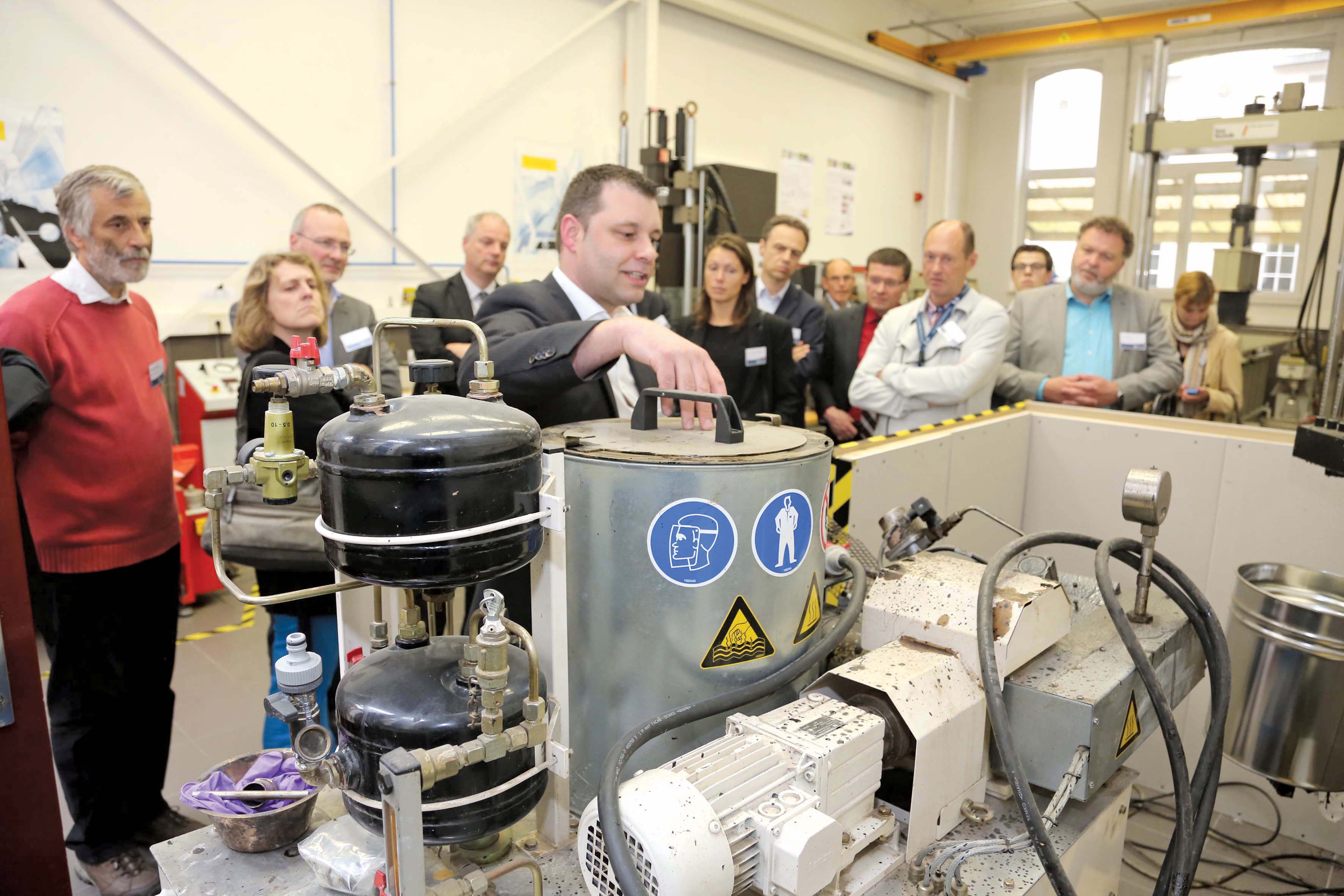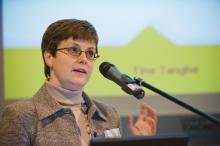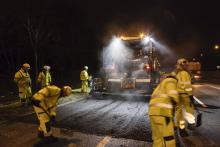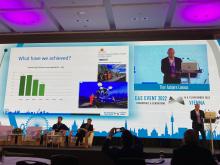
Both organisations will bring their own special expertise. And while Nynas’ engineers can pass on their knowledge and enthusiasm for the industry, the University can provide resources through PhD students, and will have access to various sources of funding for research programmes.
“Nynas’ vision is to be customer-focussed and quality-focussed,” said Tanghe. “If we are working with universities, we are really starting at the source,” she says. “We want to teach the students that quality is important and that asphalt is a good material. The students could become our customers, or could be part of the bituminous binder industry.”
Nynas and the University of Antwerp have been working together on research projects for over 10 years. Recent collaborative projects include work on Life Cycle Analysis of bitumen.
The decision to share a laboratory at Antwerp came initially for practical reasons, said Tanghe.
Since Nynas’ refinery was sold in 2003 the laboratory had moved several times and was looking for a base closer to the Nynas Competence Centre; and the University had space after a re-organisation. Nynas brought with it €500,000 worth of testing equipment.
Future areas of interest and research for the two organisations include rheology, the development of low temperature applications and understanding how binders from recycled asphalt behave, perhaps when recycled several times. These are all subjects where both Nynas and the University can bring expertise.










